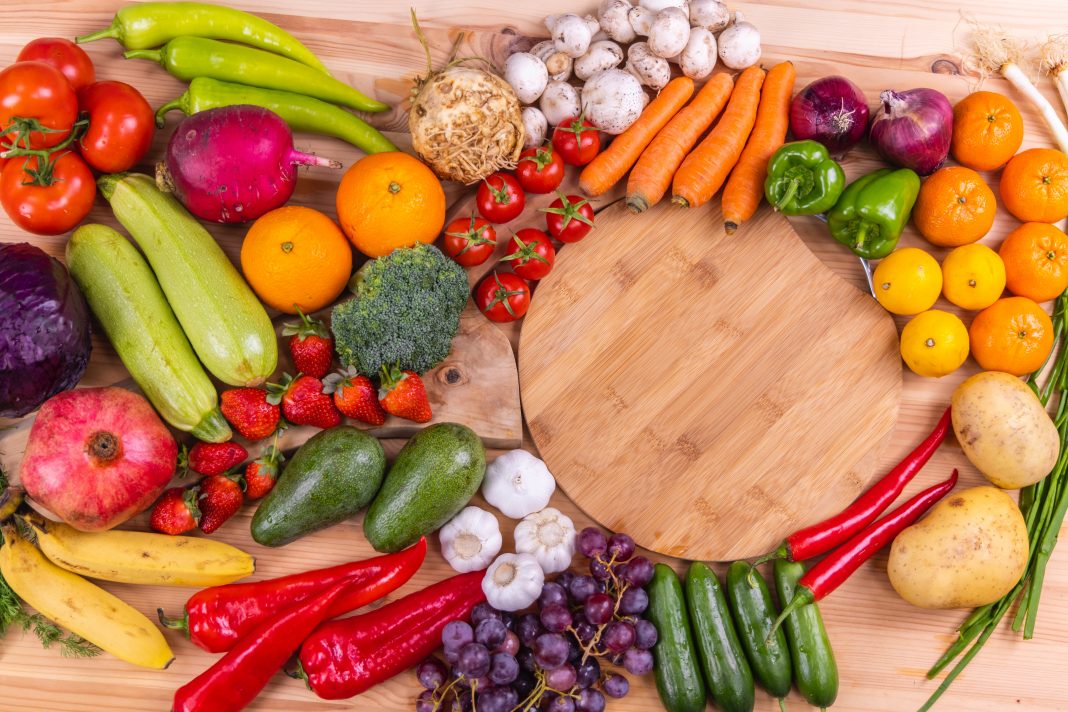Eating a healthy diet is one of the most effective ways to lose weight and improve your overall health. However, with so many conflicting messages about what constitutes a healthy diet, it can be challenging to know where to start. In this article, we’ll cover the ultimate guide to healthy eating for weight loss.
1. Eat Whole Foods: Whole foods are foods that are as close to their natural state as possible. Examples include fruits, vegetables, whole grains, and lean proteins. These foods are high in fiber, vitamins, and minerals, and they will keep you feeling full and satisfied.
2. Watch Your Portions: Portion control is critical for weight loss. Aim to eat smaller, more frequent meals throughout the day. Use a food scale, measuring cups, or visual cues to help you gauge portion sizes.
3. Focus on Protein: Protein is essential for building and repairing muscle, which is important for weight loss. Aim to eat protein with every meal, including lean meats, fish, eggs, and plant-based sources like beans and tofu.
4. Limit Processed Foods: Processed foods are often high in calories, sugar, and unhealthy fats. They also lack the essential nutrients that whole foods provide. Limit your intake of processed foods, and focus on whole foods instead.
5. Choose Healthy Fats: Fats are an essential part of a healthy diet, but not all fats are created equal. Choose healthy fats, like those found in nuts, seeds, avocados, and fatty fish.
6. Drink Plenty of Water: Drinking water is essential for weight loss. It helps to flush out toxins, keep you hydrated, and reduce hunger. Aim to drink at least eight glasses of water each day.
7. Eat Mindfully: Mindful eating involves paying attention to your body’s hunger cues and eating slowly and deliberately. This can help you enjoy your food more, reduce stress, and avoid overeating.
8. Limit Sugar: Sugar is one of the biggest contributors to weight gain. Limit your intake of sugary drinks, sweets, and processed foods that are high in sugar.
9. Don’t Skip Meals: Skipping meals can lead to overeating and poor food choices. Aim to eat regular meals throughout the day to keep your metabolism active and your hunger in check.
10. Plan Your Meals: Planning your meals in advance can help you stay on track with your healthy eating goals. Take some time each week to plan your meals, and make sure to include a variety of whole foods.
In summary, the ultimate guide to healthy eating for weight loss includes eating whole foods, watching your portions, focusing on protein, limiting processed foods, choosing healthy fats, drinking plenty of water, eating mindfully, limiting sugar, not skipping meals, and planning your meals. By following these tips, you can create a healthy eating plan that will help you lose weight and improve your overall health.

















